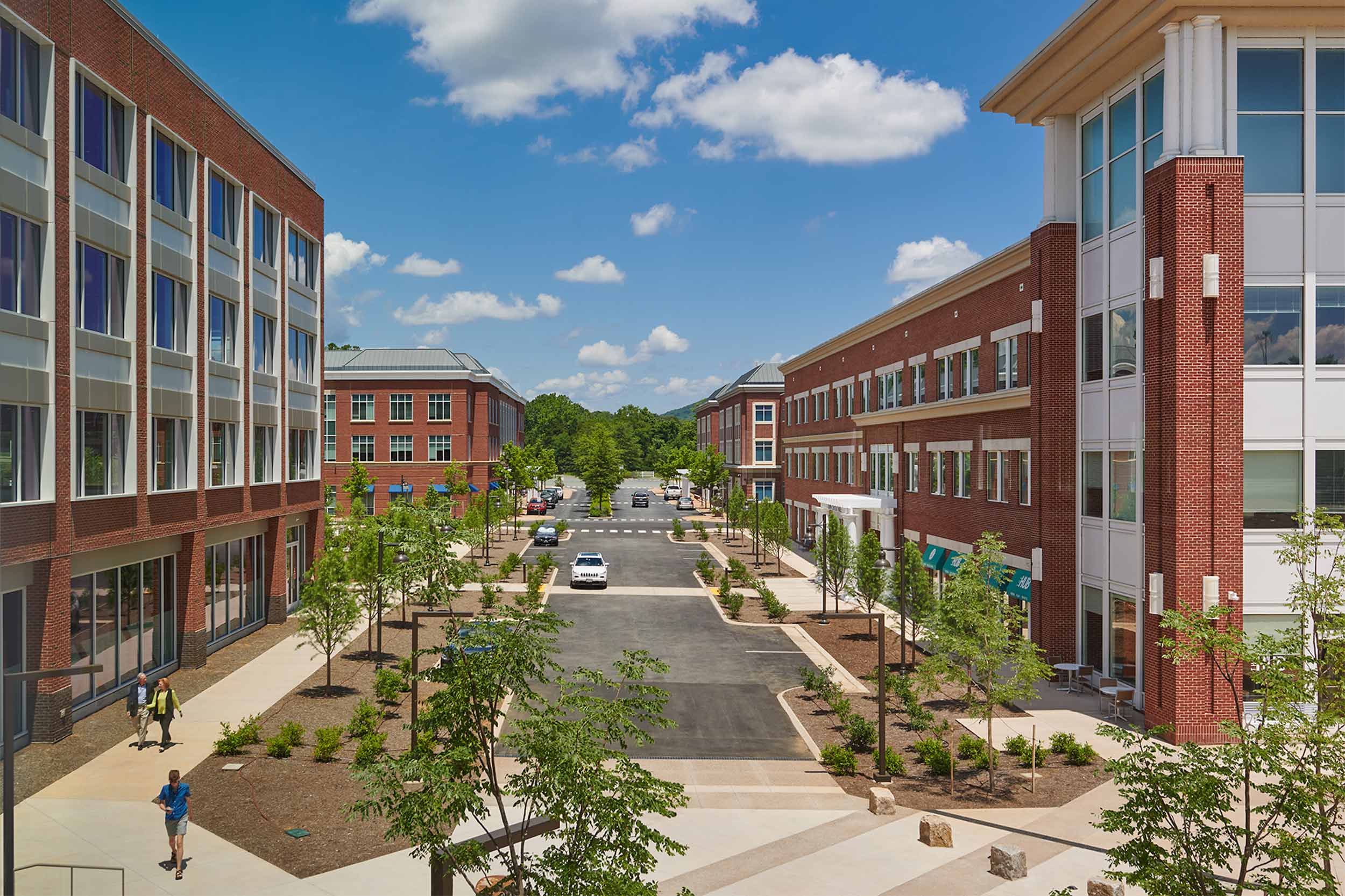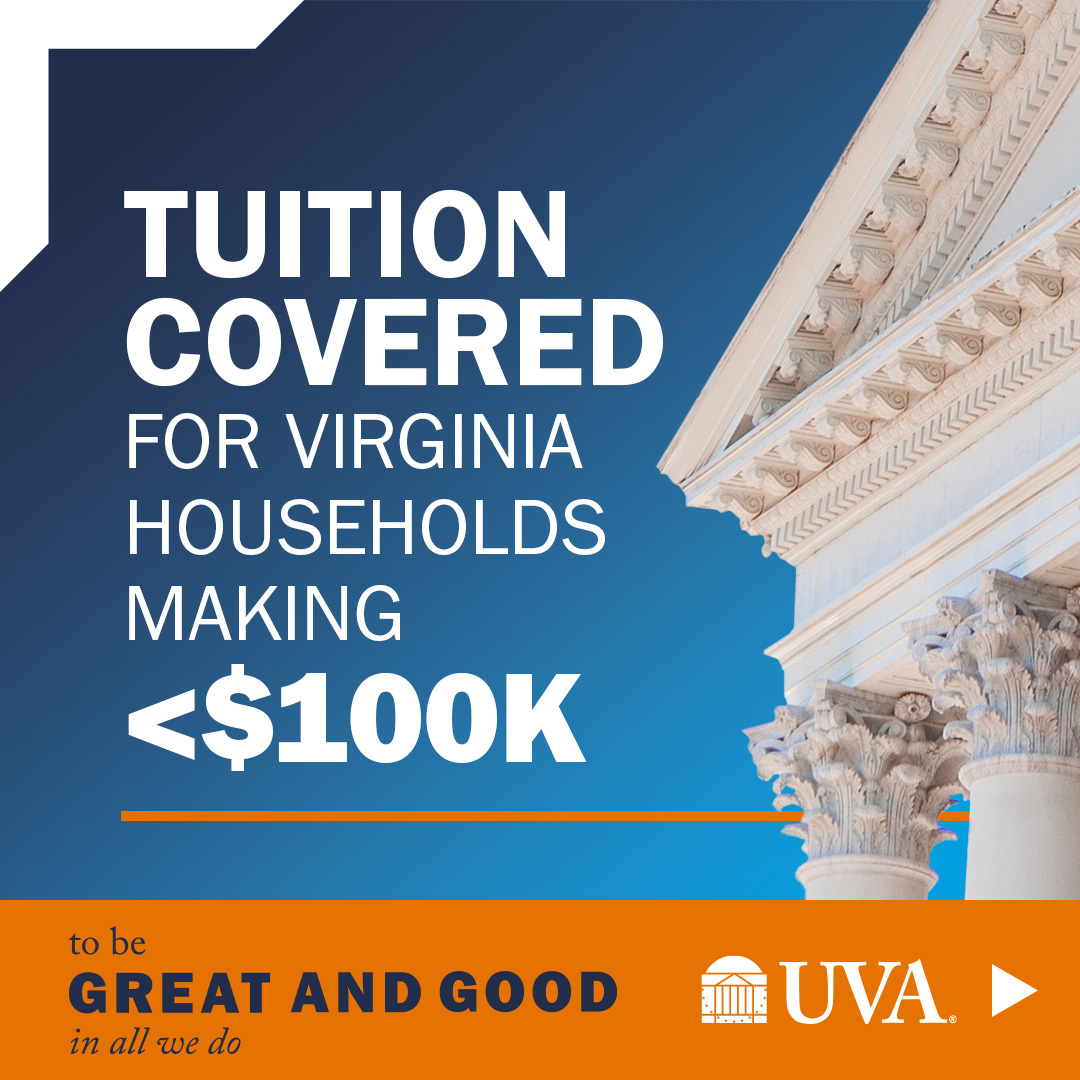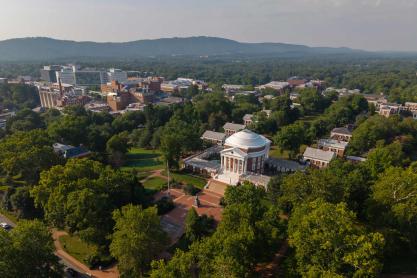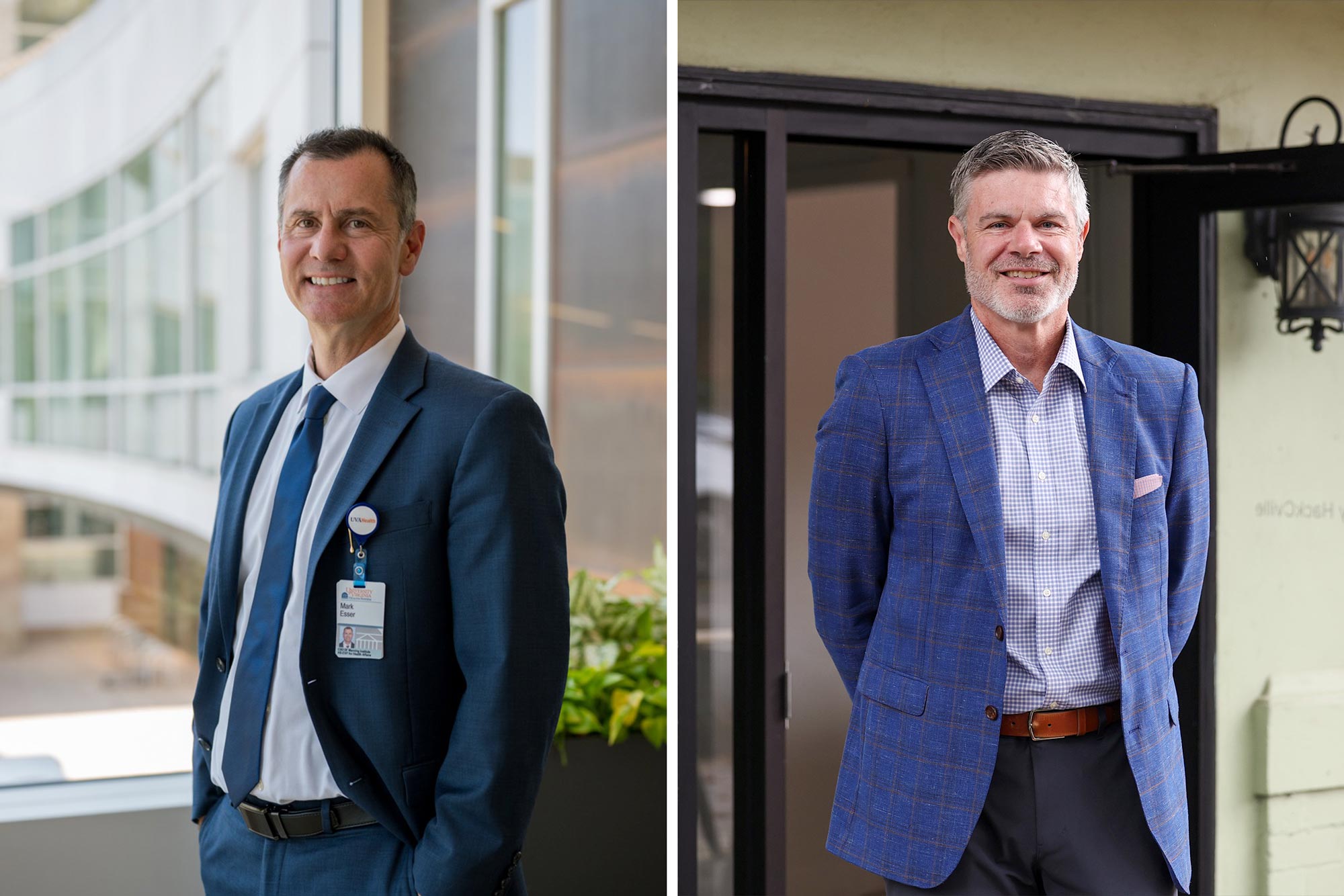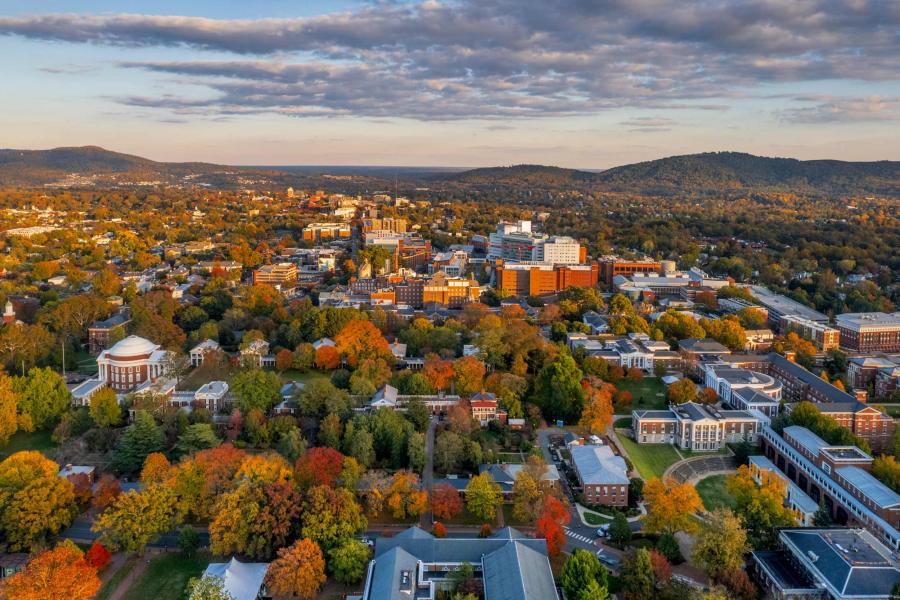AstraZeneca’s decision to build a manufacturing plant in Albemarle County will accelerate research collaborations, bolster the area’s biotech industry and increase employment opportunities for University of Virginia graduates while enhancing the region’s growing reputation as a life science hub, University officials said.
The international pharmaceutical company announced Thursday it will build a factory in Albemarle County. The site is located near UVA’s North Fork, a research park that includes the nonprofit Cville Bio Hub’s Commonwealth BioAccelerator, which supports emerging biotechnology startups.
The plant will also be within a half-hour’s drive of UVA’s Paul and Diane Manning Institute of Biotechnology.
“The University of Virginia is honored to welcome AstraZeneca to Charlottesville and Albemarle County, where innovation drives impact,” interim UVA President Paul Mahoney said. “Through collaborations with the Paul and Diane Manning Institute of Biotechnology and UVA’s nationally recognized research enterprise, AstraZeneca’s presence will accelerate medical breakthroughs while reinforcing Central Virginia’s role as a national leader in biotechnology innovation.”
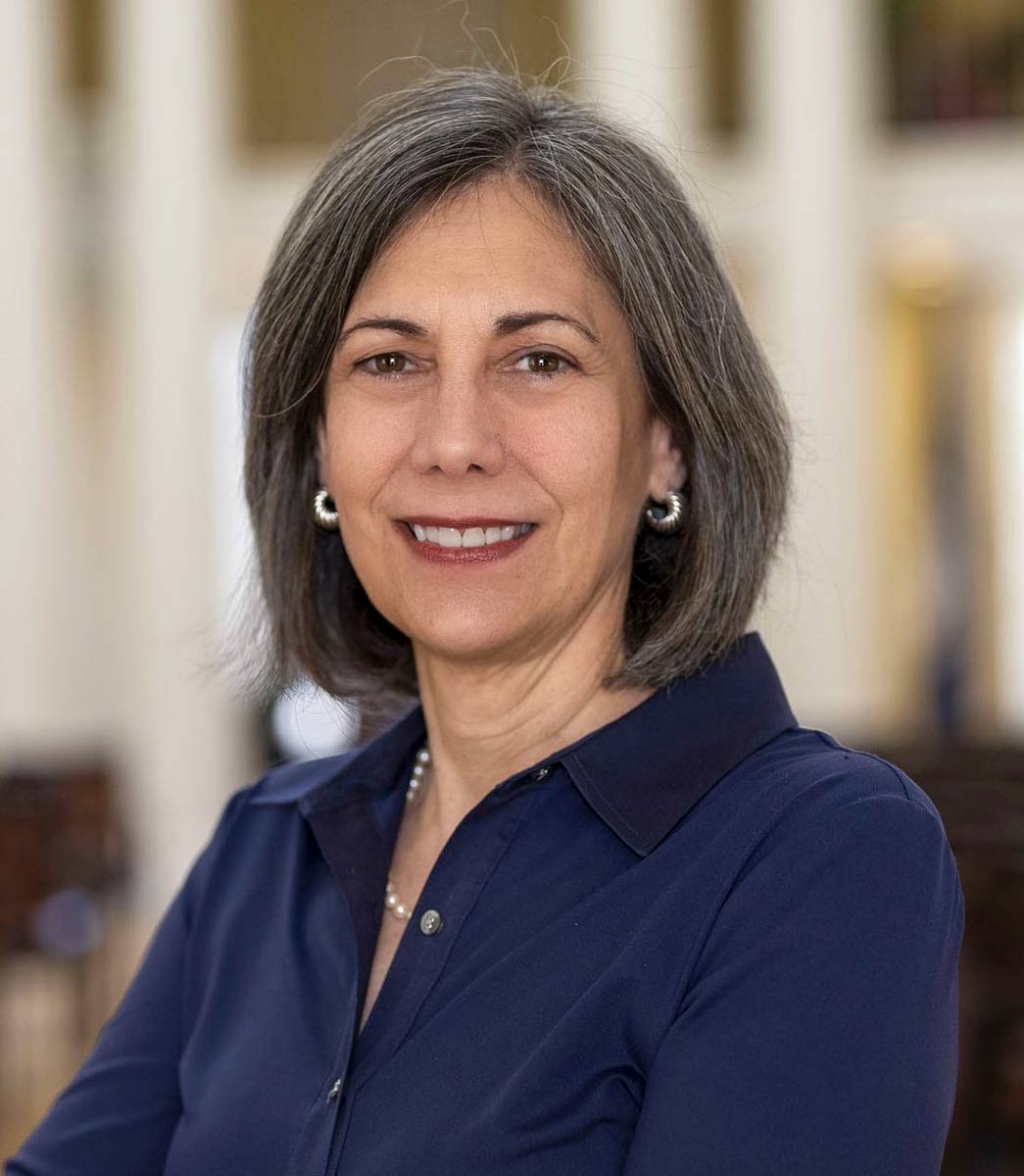
Pace Lochte, UVA’s assistant vice president for economic development, says that cooperation between local and state governments, private enterprise, nonprofits and educational institutions is creating a welcoming environment for the biotechnology and medical technology industries. (University Communications photo)
AstraZeneca is the second pharmaceutical company to unveil plans to build manufacturing plants in Central Virginia. Eli Lilly announced on Sept. 16 that it would build a $5 billion manufacturing facility in Goochland County, approximately 50 miles from Grounds.
Both companies have worked with UVA Health physicians and researchers to develop medicines and medical equipment and investigate medical procedures. In 2009, UVA had an alliance with AstraZeneca around cardiovascular research with jointly funded research and shared patents. Over the past two decades, new investments in the region's biotechnology and medicine sectors have spurred significant growth and innovation.
“The region is building a life sciences continuum where research, innovation, development and production are interconnected points that bolster the industry cluster and create a virtuous cycle,” Pace Lochte, UVA’s assistant vice president for economic development, said.
Lochte said the entire Central Virginia region plays a role in creating an ecosystem that is attracting corporations. Government, economic developers, businesses, nonprofits and academia have teamed to strengthen industry clusters and attract new opportunities, she said.
“In the past, corporate recruitment operated in an economic development silo. The thought was, ‘We need to have sites or industrial parks to attract companies.’ And now it’s very different,” Lochte said. “Companies like AstraZeneca and Eli Lilly want to see that a region is able to deliver not only on sites, but also on workforce, housing, infrastructure, innovation and entrepreneurship. They want to see interconnectivity among initiatives and that partners are using a systems approach rather than pursuing isolated efforts. It requires a different mindset, and the ability for many partners to work together toward a common vision.”
UVA leaders say they believe the companies’ locations will make it easier to collaborate with University researchers and to focus on the development, commercialization and manufacturing of new cellular, gene and immunotherapies.
